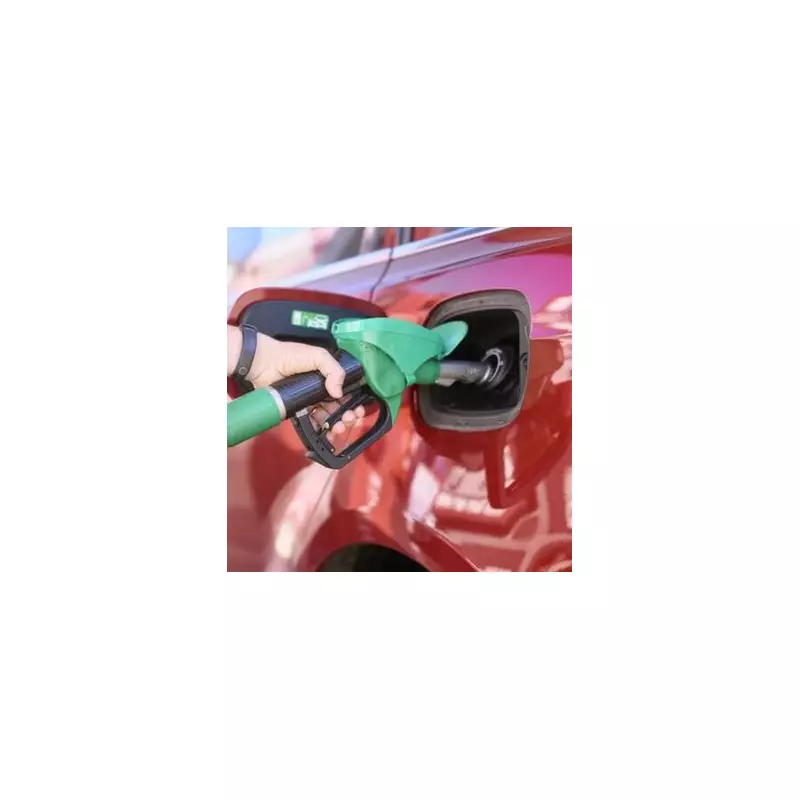
Motorists across the UK are being urged to think twice before filling up at seemingly convenient petrol stations, as experts reveal a hidden danger that could leave drivers with hefty repair bills.
The Silent Threat in Underused Pumps
Industry specialists are warning that fuel stations with low customer turnover, particularly those in rural areas or quiet locations, may be storing contaminated fuel that could severely damage your vehicle. The problem arises when fuel sits stagnant in underground tanks for extended periods, allowing water contamination and sediment buildup to occur.
"Many drivers assume all fuel stations are created equal, but that's simply not the case," explains a leading automotive engineer. "When pumps aren't used frequently, condensation forms in half-empty tanks, and water mixes with the fuel. This contaminated mixture can cause thousands of pounds worth of damage to modern fuel systems."
Why Modern Cars Are More Vulnerable
The issue is particularly critical for newer vehicles with sophisticated fuel injection systems and high-pressure pumps. These advanced components are precision-engineered and highly sensitive to fuel quality.
- Water contamination can lead to corrosion in fuel lines and injectors
- Sediment buildup can clog filters and damage precision components
- Poor combustion from contaminated fuel reduces engine performance
- Modern diesel systems are especially vulnerable to water damage
How to Spot a Risky Fuel Station
Experts recommend several strategies to identify potentially problematic filling stations:
- Observe customer traffic – Busy stations have constant fuel turnover
- Check pump maintenance – Look for recent inspection stickers
- Note station location – Remote rural stations often have slower fuel sales
- Monitor fuel prices – Suspiciously low prices might indicate older stock
The Financial Fallout of Bad Fuel
Repair costs for fuel system damage can be substantial. Replacing fuel injectors in modern vehicles can exceed £1,000, while comprehensive fuel system repairs might reach several thousand pounds. Many insurance policies don't cover contamination-related damage, leaving drivers to bear the full cost.
"Prevention is far cheaper than cure in this scenario," advises a motoring association representative. "Sticking to reputable, busy fuel stations might cost slightly more per litre, but it could save you from catastrophic repair bills down the line."
Protecting Your Vehicle and Your Wallet
Motorists are encouraged to develop smart refuelling habits. Choosing well-maintained, high-volume stations, even if they're slightly out of your way, provides significant protection against fuel contamination issues. Regular vehicle maintenance and prompt attention to any engine performance changes can also help catch problems early.
The warning comes as drivers already face record fuel prices, making the potential additional cost of fuel system repairs particularly concerning for household budgets.





